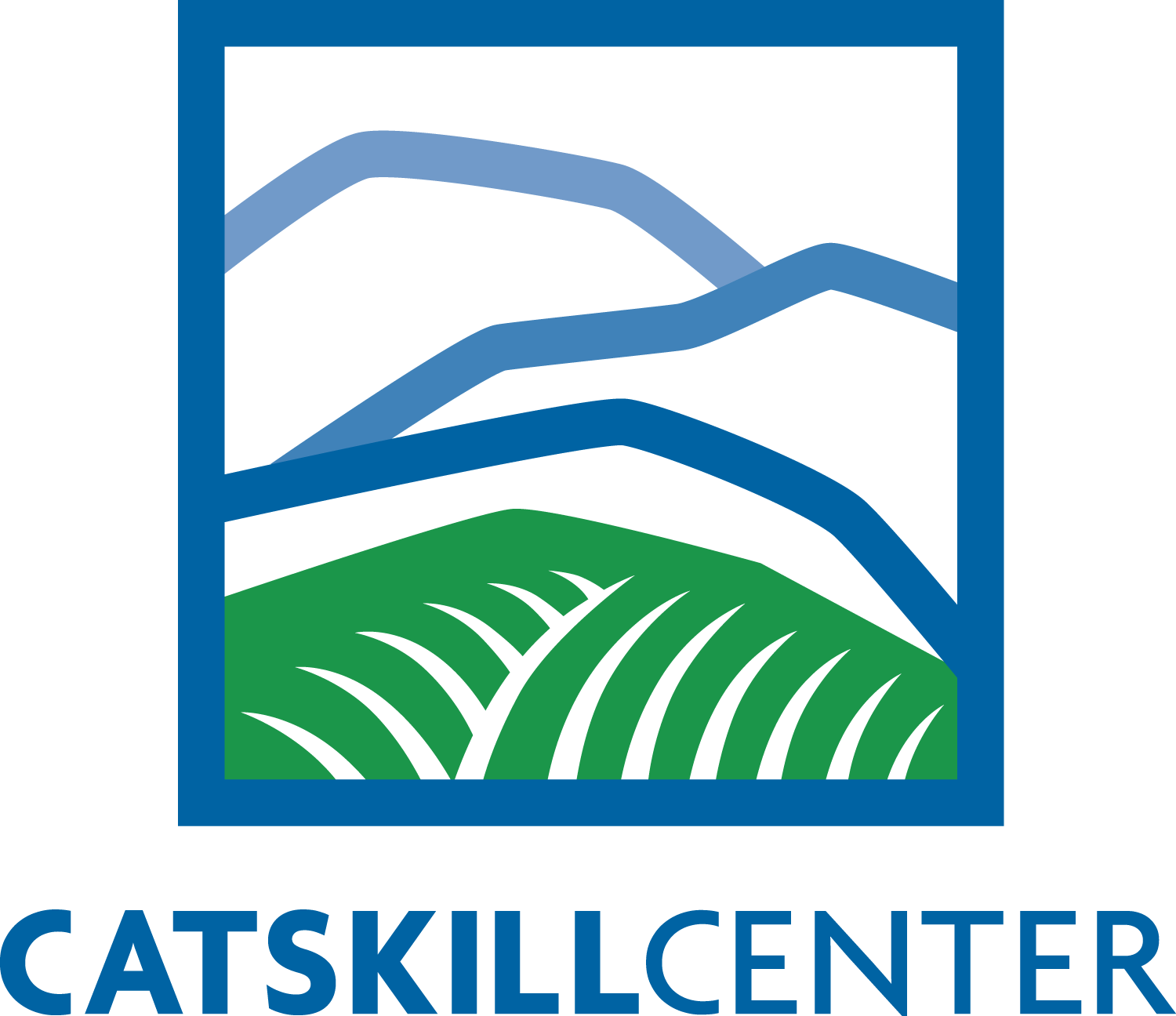Beyond Books: Catskills Libraries with a Mission
by Michael Connor
If you live in the Shandaken hamlet of Phoenicia and need help with math, you might want to head to the library on Main Street. The same advice would apply if you need help obtaining Medicare benefits. Or if you simply want to learn how to play the ukulele.
The solutions to your problems probably won’t be found in the library’s books, however. They’re more likely to emerge from one of dozens of seminars, counseling sessions, and how-to programs that put the Phoenicia library at the heart of the town’s activities.
"We really take our marching orders from the community," says Liz Potter, director of the Phoenicia Library, which offered local residents some 366 programs in 2018 - an average of 33 per month - all free of charge.
In the town of Delhi, Cannon Free Library director Susan Frisbee says, "I tend to think of libraries these days as sort of a secular church in the community, serving a lot of the same purpose," by providing space for locals to gather in small groups or as participants in a variety of programs, from watercolor painting to meetings of the local historical society.
On Catskill ballots this past November, libraries won big victories. Voters in Marlborough, Olive and Shandaken all approved substantial budget increases for local libraries. And in Woodstock, taxpayers rejected a controversial measure that would have dissolved the town’s library district; the vote enables the library’s board to pursue plans for a multimillion-dollar expansion of its library building.
To be sure, not all libraries are thriving, and some face budget shortfalls. But the dire future that many forecasters had predicted for libraries with the advent of the Internet just hasn’t happened. One big reason, according to researchers at the Brookings Institution, is the critical role that “third places” like libraries play in strengthening communities – meaning those places that are neither one’s home (first place) nor workspace (second place).
Public libraries and their librarians have gradually taken on other functions well beyond lending out books
"A reason public libraries are seen as such important third-place institutions is that they and their librarians have gradually taken on other functions well beyond lending out books," say the Brookings researchers. "In many communities, librarians are also ad hoc social workers and navigators. They help local people figure out the complexities of life, from navigating the health system to helping those with housing needs."
In rural areas like the Catskills, access to the internet is a particular draw. "Basic connectivity is a huge reason people come here," says Phoenicia’s Potter. Some visitors use the library’s computers, others bring their own laptops, tablets or smartphones. Delhi’s Susan Frisbee says it’s not uncommon for local residents to park their cars outside the library at night, after the building has closed, to access the web.And even in the digital age, people are still reading, either traditional print books or "e-books" that can be borrowed electronically. Delhi’s Cannon Library circulated 1,268 books and other materials in one recent month. In Phoenicia, circulation has almost doubled in the last 10 years with more than 25,000 "checkouts" of materials annually.
The most popular activities at local libraries are generally those for children (especially pre-K), including reading and crafts. Delhi features a monthly LEGO club for young folk, for example. But the Phoenicia library has recently hosted one activity for more seasoned residents: a "Grief Group" for those in mourning or coping with the prospect of death.
As the Catskills brace for this year’s wintry temperatures and snow, the Phoenicia Library plans to repeat a popular "Cabin Fever" live music series that it has held for the last couple of years. "You’d think nobody would come out during the dead of winter" says director Liz Potter. "But that’s one of our most popular programs. It’s a wonderful event."
-MC
Michael Connor runs Open MIC, a non-profit media advocacy organization, and lives in Phoenicia. He is a member of the Catskill Center’s Board of Directors and contributed "Beyond Books: Catskills Libraries with a Mission".



